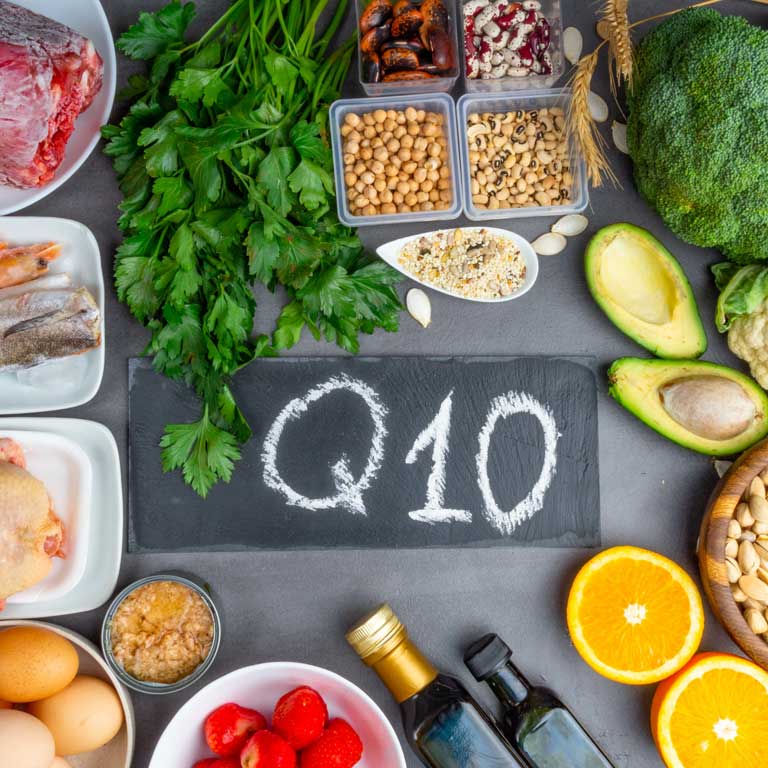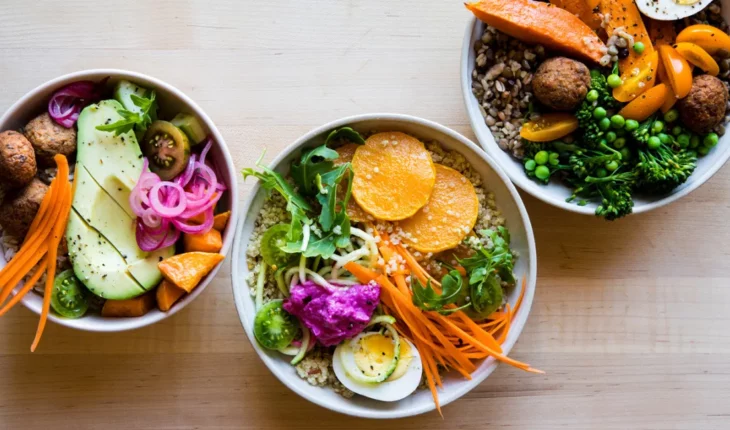7. Coenzyme Q10: What is it and what is it for?

Coenzyme Q10 is known as the anti-aging molecule. Find out what it is, what it is used for and where it can be found to prevent aging, among other functions.
What is coenzyme Q10 and what is it used for?
Coenzyme Q10 is also known as Co10 or ubiquinone. It is a compound that is naturally produced in the body. It is an antioxidant molecule used by the body’s cells to develop and maintain themselves.
Co10 protects cells from deterioration due to the passage of time. It also protects cells from the action of free radicals. These can be due to the action of the sun’s rays, pollution or smoking. It also contributes to transform the nutrients we ingest into the energy needed to function correctly. It is present in almost all body tissues.
Benefits
As previously mentioned, ubiquinone helps prevent premature aging. Both the skin and the internal organs of the body. It diminishes expression lines, delays the appearance of wrinkles and prevents cognitive deterioration.
Likewise, stimulating energy production fights fatigue and tiredness, thus increasing sports performance. On the other hand, it metabolizes fat into energy in the liver, preventing fatty liver.
It also contributes to the strengthening of the immune system. In addition, it reduces blood pressure and inflammation. And in general terms, it improves cardiovascular health and reduces heart failure.
Where to find it
CoQ10 can be obtained through certain foods that contain it or stimulate its production from its nutrients and vitamins. Among them we find red meat, as well as poultry and bluefish. Similarly, nuts, such as almonds, pistachios, walnuts, and hazelnuts. It is also produced from the consumption of spinach, cabbage, cauliflower, broccoli, carrots and citrus fruits, among others. It is also made by eating chia or flax seeds.
However, after the age of 45, the body produces less ubiquinone and for this reason, people resort to the consumption of food supplements. However, they must be prescribed by a medical specialist. Although it is generally safe to take CoQ10 supplements, it may have some side effects such as gastrointestinal discomfort and headache.
It may also interact with anticoagulant drugs such as warfarin. Or decrease the action of other medications such as those prescribed for cholesterol, high blood pressure or diabetes. It is also not recommended for pregnant or breastfeeding women or children. If you have other pathologies, consult your doctor before taking any supplement.
